- Anthony D'Amico
- Albums and Singles
 I first encountered Los Angeles-based composer Daniel Lea through L A N D’s excellent Anoxia album back in 2015, but he has become considerably more prolific in recent years after launching his own Vast Habitat imprint. This first collaboration with London-based violinist/cellist Jamie Michael McCarthy has apparently been a decade in the making and borrows both its title and some of its ingenious inspiration from an eye test chart that McCarthy found on the street. On its face, the resultant album has the shapeshifting moods and immersive spell of an art-damaged science fiction score, but immersive headphone listening reveals a considerably deeper and more compelling vision lurking within. Part of that is due to Lea’s considerable sound design talents and inventive assimilation of influences ranging from austere dub techno to avant-garde piano composers and contemporary electronic heavy hitters like Ben Frost and Tim Hecker, but the unusual structural dynamics of these pieces are quite unique and mirror the shifting depth of field that one might get from experimenting with different lenses.
I first encountered Los Angeles-based composer Daniel Lea through L A N D’s excellent Anoxia album back in 2015, but he has become considerably more prolific in recent years after launching his own Vast Habitat imprint. This first collaboration with London-based violinist/cellist Jamie Michael McCarthy has apparently been a decade in the making and borrows both its title and some of its ingenious inspiration from an eye test chart that McCarthy found on the street. On its face, the resultant album has the shapeshifting moods and immersive spell of an art-damaged science fiction score, but immersive headphone listening reveals a considerably deeper and more compelling vision lurking within. Part of that is due to Lea’s considerable sound design talents and inventive assimilation of influences ranging from austere dub techno to avant-garde piano composers and contemporary electronic heavy hitters like Ben Frost and Tim Hecker, but the unusual structural dynamics of these pieces are quite unique and mirror the shifting depth of field that one might get from experimenting with different lenses.
The opening “H L A O T“ provides an especially illustrative introduction to the duo’s slowly blossoming vision, as it deceptively opens with deep dark ambient exhalations before some smearing and curdled higher frequencies unexpectedly give way to a series of lingering, murkily dissonant piano arpeggios. From there, the piece gradually develops into a sort of slow-motion and noirish strain of piano jazz ravaged by snarling and roiling eruptions of Hecker-esque distortion. That unsurprisingly proves to be quite an effective combination, but the piece’s best moments do not happen until after the structure completely collapses and distends to leave behind only heaving seismic rumbles, scrabbling string noise, crackling distortion, and deep and rolling bass throbs.
- Creaig Dunton
- Albums and Singles

The Weightless Sea is the fourth album from the duo of multiinstrumentalists Eric Hardiman (Rambutan, Sky Furrows, Century Plants) and Michael Kiefer (More Klementines). They continue their journey through the vastness of space (or in this case the depth of the ocean) with their guitar/bass/electronics/drum approach, , coupling solid rhythmic elements with more improvised sounding guitar and electronics makes for an amazingly fascinating record.
Twin Lakes/Feeding Tube/Cardinal Fuzz
Opener "Materialized" sets the stage perfectly with Kiefer’s metronomic, steady drumming and Hardiman taking double duty with an anchoring bass line that occasionally comes to the forefront and layers of fuzzy, overdriven guitar. The drumming is switched up throughout and while the song has a steady flow to it, never becoming too repetitive. The other shorter (meaning less than five minutes) song on here, "Sleepwalker," is the perfect counterpart. A relatively basic melody, albeit a memorable one, drives the song into what hints at the best of 1970s rock music without ever sounding too similar or trite.
- Creaig Dunton
- Albums and Singles

The latest album from Ralf Wehowsky is unsurprisingly a bit of a challenging listen, but even more so than I would have expected. Fading Pictures is not a particularly dense or noisy recording, but the more extreme elements, even in the frequently sparse context of the compositions here, give it a distinct feel even within his diverse and complex body of work, rife with tension that works perfectly.
One of the most pronounced facets of Fading Pictures is Wehowsky’s frequent use of higher frequencies, especially in the context of shrill, feedback like passages that feature throughout. Not sustained, but rising and falling in multiple pieces, linking them together. Right from the opening moments of "Ertäumets Intro, Vorzeitig Abgebrochen" this is apparent: high pitched layers paired with bassy crumbles and other sonic apparitions of sound that float through. Towards the end he mixes in some bizarre, almost laughing type noises to make things all the more unsettling.
- Anthony D'Amico
- Albums and Singles
 This latest EP from the ever-compelling Diamanda Galás has had quite an interesting journey, as it first began its life in an evolving larger work entitled "Das Fieberspital (The Fever Hospital)," which is a “musical setting of Georg Heym’s early 20th Century expressionist poem about patients stigmatized by yellow fever.” At some point, however, Galás concluded that “the piano skeleton had become its own work” and its (mostly improvised) performance was released as De-formation: Piano Variations back in 2020. Five years later, she was inspired to ambitiously rework that piece for a Paris performance at the Pinault Collection celebrating the legacy of fellow iconoclastic composer Maryanne Amacher. Now in deconstructed, reconstructed, and characteristically volcanic new form, De-formation: Second Piano Variations presents Galás’ “definitive” performance of that visceral tour de force.
This latest EP from the ever-compelling Diamanda Galás has had quite an interesting journey, as it first began its life in an evolving larger work entitled "Das Fieberspital (The Fever Hospital)," which is a “musical setting of Georg Heym’s early 20th Century expressionist poem about patients stigmatized by yellow fever.” At some point, however, Galás concluded that “the piano skeleton had become its own work” and its (mostly improvised) performance was released as De-formation: Piano Variations back in 2020. Five years later, she was inspired to ambitiously rework that piece for a Paris performance at the Pinault Collection celebrating the legacy of fellow iconoclastic composer Maryanne Amacher. Now in deconstructed, reconstructed, and characteristically volcanic new form, De-formation: Second Piano Variations presents Galás’ “definitive” performance of that visceral tour de force.
I will admit that I had somewhat modest expectations for this release, as this piece had already been released once and solo piano performances can often be quite a tough sell for me in general. Given that this particular pianist is Diamanda Galás, however, I figured that there must be something special enough about this piece to necessitate an ambitiously sharpened and re-shaped re-recording. Characteristically, of course, this performance is indeed mesmerizing and incendiary enough to warrant a resurrection, but I was legitimately fascinated by how much time and passion Galás poured into reworking “De-Formation” long before the Paris performance ever took place. Aside from “blasting through the original structure…block by block” and “sculpting the muscle of the source material” to create new phrasings and degrees of dynamic intensity, Galás also enlisted “a specialist in notating difficult piano music” (Thomas Feng) to create a score for the oft-improvised original recording and spent literal months experimenting with various foot pedal combinations.
- Anthony D'Amico
- Albums and Singles
 To celebrate the remastered tenth anniversary reissue of his 2015 opus A Fragile Geography, Rafael Anton Irisarri invited an eclectic murderers’ row of his friends and peers to work their transformative magic on his source material. That was a bit of a bold and inspired decision given that the original album is quite bleak and grayscale in nature, but Irisarri’s well-chosen group of reinterpreters found a number of fresh and inventive ways to highlight their most inspired bits or sharpen them into something that beautifully transcends their original inspiration. To my ears, Abul Mogard and Kevin Martin largely steal the show with their killer contributions, but this whole album is a quite a fascinating companion piece to one of Irisarri’s most celebrated albums (and even manages to surpass it on several occasions).
To celebrate the remastered tenth anniversary reissue of his 2015 opus A Fragile Geography, Rafael Anton Irisarri invited an eclectic murderers’ row of his friends and peers to work their transformative magic on his source material. That was a bit of a bold and inspired decision given that the original album is quite bleak and grayscale in nature, but Irisarri’s well-chosen group of reinterpreters found a number of fresh and inventive ways to highlight their most inspired bits or sharpen them into something that beautifully transcends their original inspiration. To my ears, Abul Mogard and Kevin Martin largely steal the show with their killer contributions, but this whole album is a quite a fascinating companion piece to one of Irisarri’s most celebrated albums (and even manages to surpass it on several occasions).
Notably, this reworked version of A Fragile Geography mirrors the sequence of the original pieces, which means that each artist was tasked with reworking a different piece and that the overall arc of the album remains largely intact (albeit significantly transformed as well). There is also a bit of a loose trajectory towards departing more and more dramatically from the source material as the album unfolds, as the first two pieces are largely nuanced and subtle enhancements rather than complete overhauls.
- Anthony D'Amico
- Albums and Singles
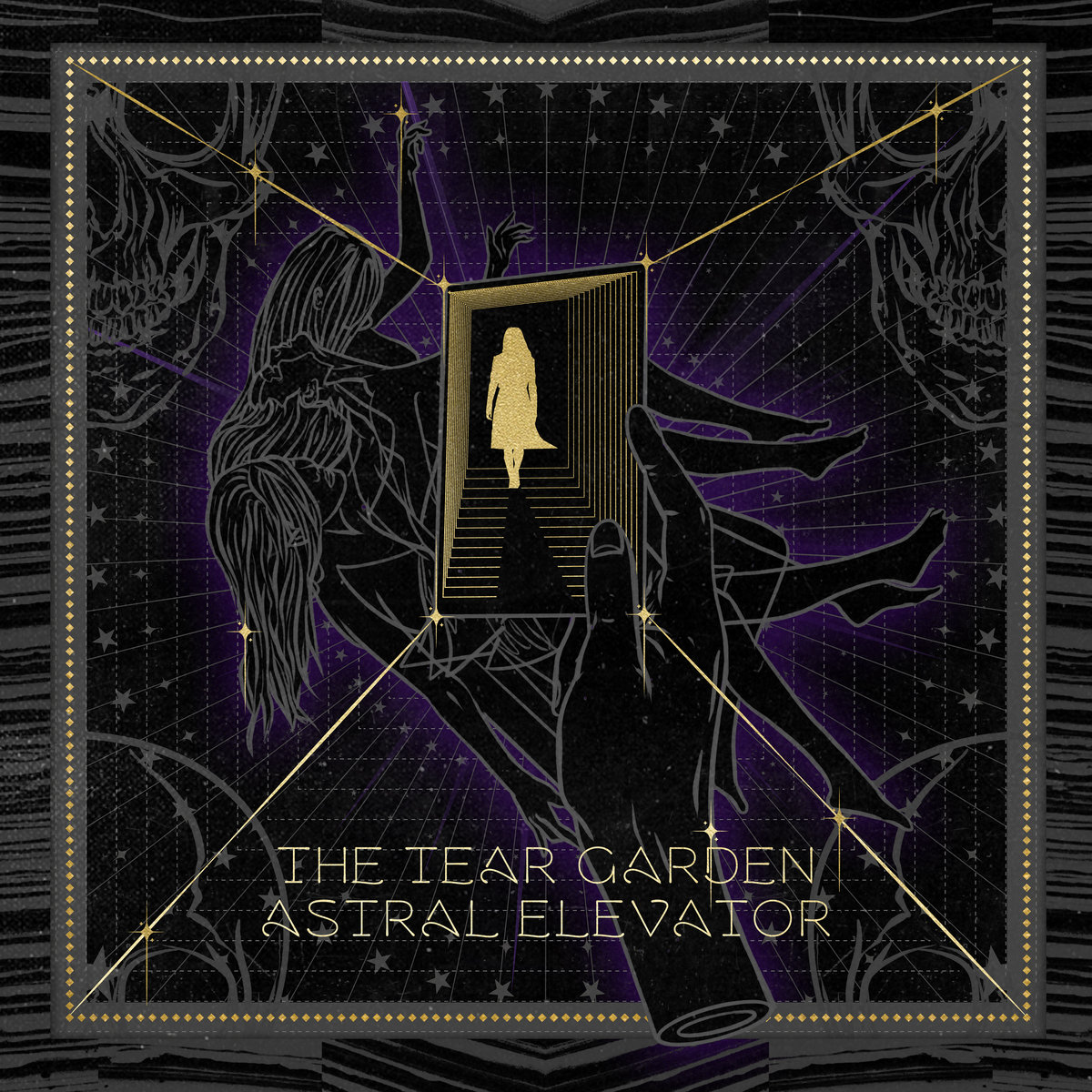 I was definitely not expecting a new Tear Garden album this year, but Edward Ka-Spel and cEvin Key’s fitful four-decade collaboration has happily resurfaced once again after an eight-year hiatus. I am tempted to call Astral Elevator a return to the duo’s “classic” sound after the more eclectic and playful The Brown Acid Caveat, but the only real difference is that this latest batch of tightly edited and hook-heavy “singles” has been purged of the more groovy and disco/dance elements found in its predecessor. I suppose that makes Astral Elevator a somewhat darker release, but the world is now a darker place then it was back in 2017 and there are a handful of highlights here that certainly brighten my small part of it.
I was definitely not expecting a new Tear Garden album this year, but Edward Ka-Spel and cEvin Key’s fitful four-decade collaboration has happily resurfaced once again after an eight-year hiatus. I am tempted to call Astral Elevator a return to the duo’s “classic” sound after the more eclectic and playful The Brown Acid Caveat, but the only real difference is that this latest batch of tightly edited and hook-heavy “singles” has been purged of the more groovy and disco/dance elements found in its predecessor. I suppose that makes Astral Elevator a somewhat darker release, but the world is now a darker place then it was back in 2017 and there are a handful of highlights here that certainly brighten my small part of it.
As is often the case, The Tear Garden’s usual cast of characters (Key and Ka-Spel) is expanded with some contributions from both the Legendary Pink Dots and Skinny Puppy camps this time around (including the late Dwayne Goettel). Notably, however, the duo also enlisted artist Cory Gorski to make videos for the album’s singles and he wove some very impressive surrealist magic with his vision for the lead single “A Return.” Someone should give these guys a few million dollars to make a The Wall-style animated epic.
- Anthony D'Amico
- Albums and Singles
 This latest release from the New York-based composer saxophonist is a bold and deeply psychedelic departure from her usual terrain (aside from being partially recorded in a cave, of course). The first big surprise is that The Oracle is an extremely vocal-centric album to an almost a capella degree. The other major twist is that Bertucci “creatively misuses a reel-to-to-reel tape machine to live-manipulate her voice” into an unpredictably kaleidoscopic and hallucinatory swirl of bubbling, hissing, murmuring, and slurred words stripped of most context and meaning.
This latest release from the New York-based composer saxophonist is a bold and deeply psychedelic departure from her usual terrain (aside from being partially recorded in a cave, of course). The first big surprise is that The Oracle is an extremely vocal-centric album to an almost a capella degree. The other major twist is that Bertucci “creatively misuses a reel-to-to-reel tape machine to live-manipulate her voice” into an unpredictably kaleidoscopic and hallucinatory swirl of bubbling, hissing, murmuring, and slurred words stripped of most context and meaning.
Bertucci envisions the album as “soothsaying for this tumultuous historical moment” in which layers of voices reveal and obscure “images of dreams, warped news headlines and mythological imagery.” While not all of that conceptual framework made the leap into a significant part of my listening experience, Bertucci certainly conjures up one hell of a sustained and deeply abstract mindfuck that feels both timeless and otherworldly.
- Creaig Dunton
- Albums and Singles
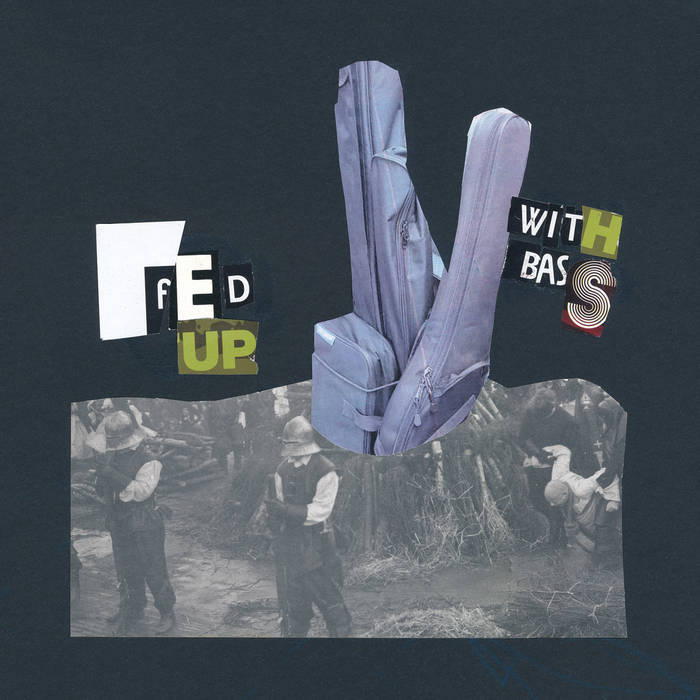 Fed Up With Bass was somewhat conceived as a pandemic project. During lockdown, legendary improv guitarist Eugene Chadbourne was recording daily-ish solo guitar pieces and sharing them online, while encouraging other artists to utilize them in an asynchronous collaborative setting. Bassist/electronic artist Jair-Röhm Parker Wells, whom Chadbourne had worked with in person previously, was a prolific collaborator, and this sprawling album is a document of these combined performances: a mix of sounds and styles that is as dizzying as it is fascinating.
Fed Up With Bass was somewhat conceived as a pandemic project. During lockdown, legendary improv guitarist Eugene Chadbourne was recording daily-ish solo guitar pieces and sharing them online, while encouraging other artists to utilize them in an asynchronous collaborative setting. Bassist/electronic artist Jair-Röhm Parker Wells, whom Chadbourne had worked with in person previously, was a prolific collaborator, and this sprawling album is a document of these combined performances: a mix of sounds and styles that is as dizzying as it is fascinating.
Admittedly, this is a daunting album. Clocking in at two CDs, 32 songs, and over two and a half hours in length, there is a lot here. Compounding this is the fact that the songs are crossfaded with each other, making it difficult to just listen to a few songs at a time given that it feels more like a singular performance. Even with that density of music, the duo switch things up frequently, moving from overt acoustic guitar and upright bass to layers of electronics and processed sounds, albeit with Chadbourne’s guitar distinct in the mix.
- Anthony D'Amico
- Albums and Singles
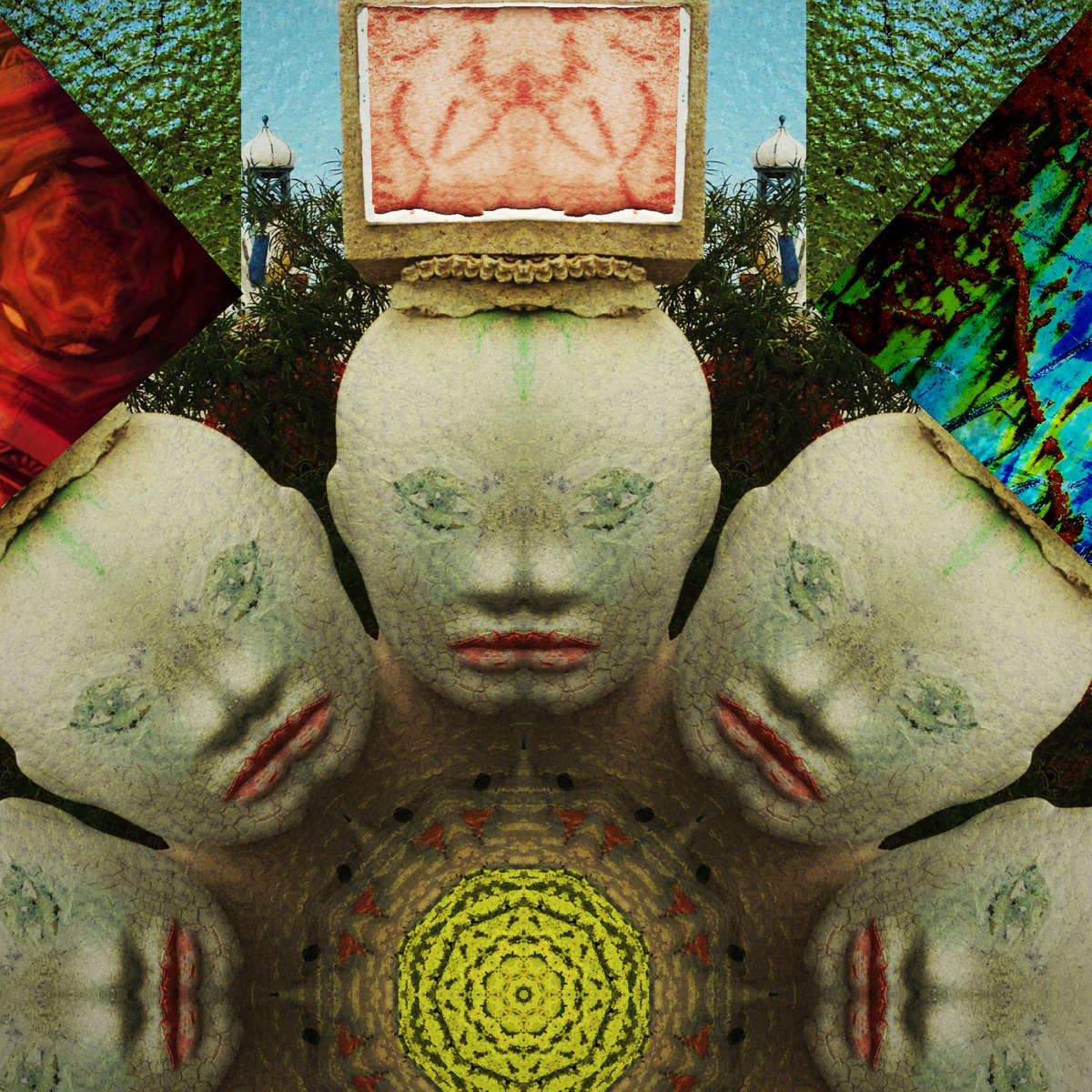 There is not a hell of a lot of background information about this latest installment of the Dots’ long-running Chemical Playschool series other than the fact that it was recorded in 2025 and will eventually have a double vinyl release. Fortunately, anyone who has been following LPD’s career for a while will know exactly what to expect: a deep and eclectic dive into free-form psychedelia, promising song fragments, and wherever the hell else the band feels like throwing into the mix.
There is not a hell of a lot of background information about this latest installment of the Dots’ long-running Chemical Playschool series other than the fact that it was recorded in 2025 and will eventually have a double vinyl release. Fortunately, anyone who has been following LPD’s career for a while will know exactly what to expect: a deep and eclectic dive into free-form psychedelia, promising song fragments, and wherever the hell else the band feels like throwing into the mix.
This one is an especially solid entry to the beloved series, however, as the aforementioned song fragments are quite a strong batch. That said, they are fragments, so the primary appeal of this album lies in shapeshifting and kaleidoscopic fantasia of the overall journey. While the fleeting glimpses of great songs can be teasingly exasperating at times (as always), I love the current uncluttered aesthetic of (mostly) just surf-damaged dreampop guitars, propulsive drum machine grooves, and vocals (albeit still with plenty of trippy sounds perpetually bleeding in from the periphery, of course)
- Creaig Dunton
- Albums and Singles
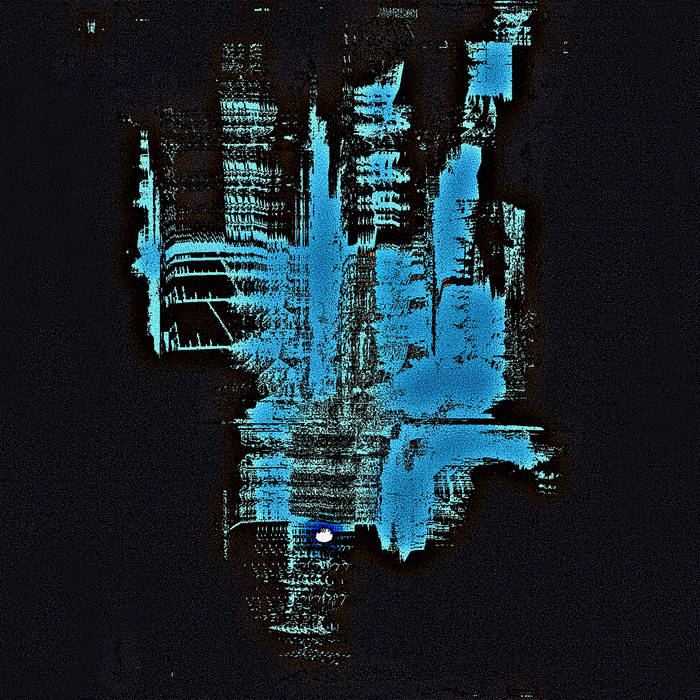 A collaboration between the duo of Ampyre and the varied membership of Death Factory, Death Pyre's Concatenation is one part of a trilogy of albums released in 2025. Sharing elements of multiple electronic styles that lean into more abrasive forms, the three pieces on this tape are wonderfully unpredictable and extremely compelling for that very reason.
A collaboration between the duo of Ampyre and the varied membership of Death Factory, Death Pyre's Concatenation is one part of a trilogy of albums released in 2025. Sharing elements of multiple electronic styles that lean into more abrasive forms, the three pieces on this tape are wonderfully unpredictable and extremely compelling for that very reason.
As I assumed from the Death Factory half of the project's name, there is a clear vein of early industrial and noise that runs through the three pieces that make up this tape. It often resembles a deconstruction of latter day/EBM era industrial though, with erratic rhythms and sequences one would expect, but shredded, mangled, and reassembled into something else entirely.
- Anthony D'Amico
- Albums and Singles
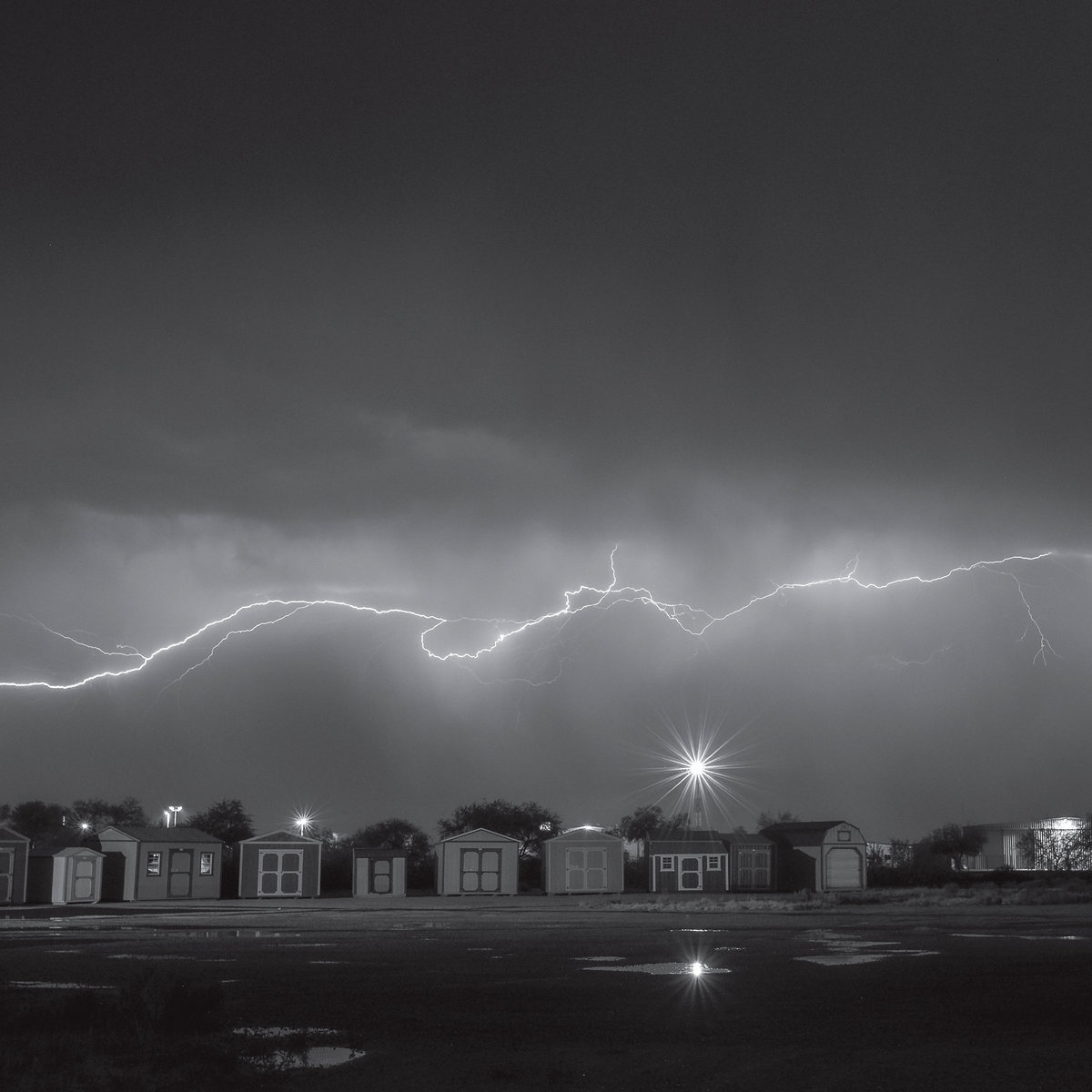 This is the first new release from Emeralds’ former synth wizard in six years and marks a return to his DIY past with the unveiling of his new imprint Simul (much of Hauschildt’s early work was self-released on his own Gneiss Things label). Obviously, a hell of a lot has happened globally since Hauschildt last surfaced, but it seems like a hell of a lot has happened personally for him as well, as he left Chicago to live on the other side of the world in Tbilisi, Georgia.
This is the first new release from Emeralds’ former synth wizard in six years and marks a return to his DIY past with the unveiling of his new imprint Simul (much of Hauschildt’s early work was self-released on his own Gneiss Things label). Obviously, a hell of a lot has happened globally since Hauschildt last surfaced, but it seems like a hell of a lot has happened personally for him as well, as he left Chicago to live on the other side of the world in Tbilisi, Georgia.
In keeping with that theme of transformation and disorientation, the album borrows its title from a perception disorder that roughly translates as “seeing air.” It is often triggered by hallucinogen use and apparently makes it seem like the objective material world is veiled in static or television snow. That makes an appropriate title for this release, as these eight sensuous and meditative synth pieces evoke a sense of solitary grandeur and longing fitfully frayed by distortion and sizzle.